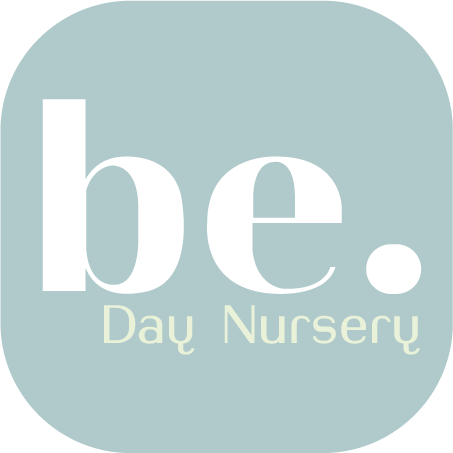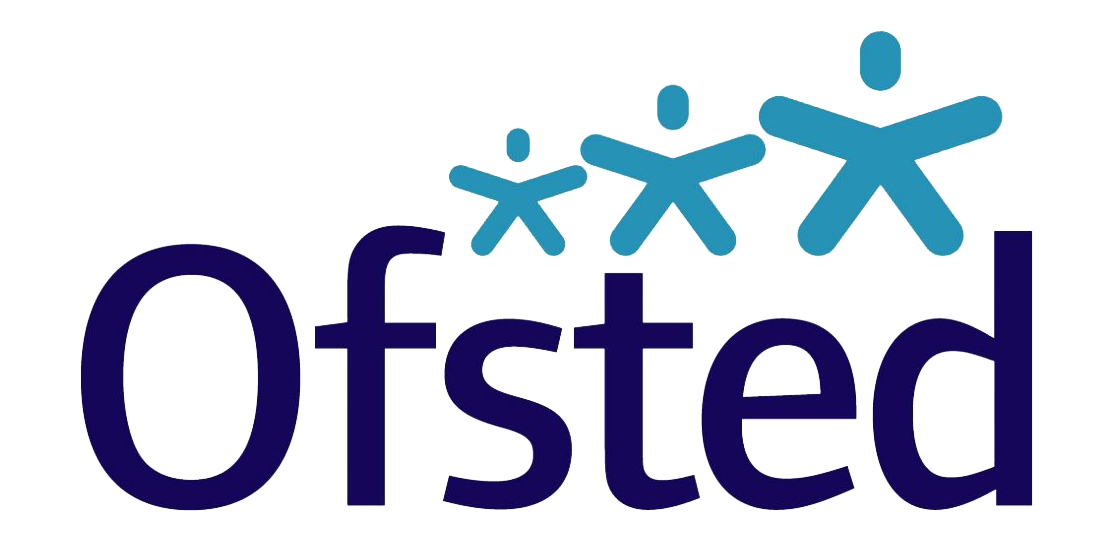Medication Administration Procedures
Medication Administration Procedure for Be. Independent Day Nursery
Policy Statement At Be, we are committed to ensuring the health and well-being of all children in our care. This procedure outlines the steps for safely administering medication to children, in compliance with the relevant legislation and best practices.
1. Purpose The purpose of this procedure is to:
- Ensure the safe administration of medication to children.
- Provide clear guidelines for staff regarding medication handling, storage, and documentation.
- Protect the health and safety of all children in our nursery.
2. Types of Medication
- Prescription Medication: Medications prescribed by a healthcare professional.
- Over-the-Counter Medication: Non-prescription medications that can be given with written parental consent (e.g., eye drops). Only administered in exceptional circumstances.
- Emergency Medication: Medication required for specific medical conditions (e.g., EpiPens for allergies).
Be. Independent Day Nursery – Policies for Website, updated October 2024
3. Parent/Guardian Responsibilities
- Parents/guardians must complete and sign a Medication Administration Form for any medication that needs to be administered at nursery. This form must include:
- Child’s name and date of birth.
- Name of the medication and dosage.
- Last given date and time of medication prior to arriving at nursery
- Frequency and method of administration.
- Duration of treatment.
- Any known allergies.
- Parents/guardians must provide the medication in its original container with the label clearly stating the child’s name, dosage, instructions and expiry date.
- Typically, only prescription and emergency medication will be administered at nursery. However, in the event that a child requires over-the-counter medication (e.g., eye drops to treat conjunctivitis). Parents must provide written consent on the day and pre-agreed with senior management.
4. Staff Responsibilities
- Only management (Amy Ransom and Natasha Hebborn-Huartson) are permitted to administer medication. In the event that neither member of senior management can be on-site to administer medication, the Room Leader Natashia Jouhari is authorised to administer medication. This is to be checked at the time by a fellow staff member on-site, as well as notifying management that the medication has been administered.
- Staff must verify the Medication Administration Form against the medication to ensure accuracy before administration.
- The staff member administering medication must confer with another member of staff in the room, that the correct dosage and information is being provided prior to the child receiving the dosage. This member of staff must also sign the medication administration form.
- All medication must be stored securely, away from children, and in accordance with any specific storage instructions (e.g., refrigeration).
5. Administration of Medication
- Staff will follow these steps when administering medication:
1. Verify the child's identity using their name and photo if necessary.
2. Check the Medication Administration Form for correct dosage and administration instructions.
3. Verify the dosage of medication with another staff member present at that time, and both sign the medication administration record appropriately.
4. Administer the medication as prescribed, ensuring proper technique
(e.g., for inhalers).
5. Observe the child for any immediate reactions post-administration.
6. Documentation
Be. Independent Day Nursery – Policies for Website, updated October 2024
- After administering medication, staff must complete the following:
- Record the time, date, dosage given, and name of the staff member who administered the medication on the Medication Administration Record.
- o Inform the parent/guardian at the end of the day about the medication administered, noting any observations or reactions.
7. Emergency Medication
- For children requiring emergency medication (e.g., for allergies or asthma), a specific Emergency Medication Plan will be created in consultation with parents and healthcare professionals.
- Staff will receive training on how to use emergency medication (e.g., EpiPens, inhalers) and will always have quick access to these medications.
- We also have a supply of age-appropriate paracetamol (Calpol) and antihistamine (Piriton) to be administered in the event of an emergency. Parents are asked to provide written consent when the child begins nursery that we are allowed to administer such medication. However, we will always endeavour to contact the parents/guardians of the child before administering emergency medication.
- Medication that belongs to the nursery is also checked each month to ensure that it is within expiry dates and safe for purpose, by our Health and Safety Officer Shannon Forte.
8. Refusal of Medication
- If a child refuses medication, staff will:
- Document the refusal on the Medication Administration Record.
- Inform the parent/guardian as soon as possible.
- Follow any instructions from the parent/guardian regarding further steps.
9. Policy Review and Monitoring
- This procedure will be reviewed annually or sooner, if necessary, in response to changes in legislation or best practices.
- Staff will receive training on medication administration procedures and updates as required.
10. Communication with Parents
- Parents will be encouraged to discuss their child's medication needs with staff during enrolment and regularly thereafter.
- Regular reminders will be sent to parents to ensure medication forms are up- to-date.
Conclusion
Be. Independent Day Nursery – Policies for Website, updated October 2024 By implementing this Medication Administration Procedure, Be. Independent Day Nursery aims to ensure the safe and effective administration of medication, supporting the health and well-being of all children in our care






